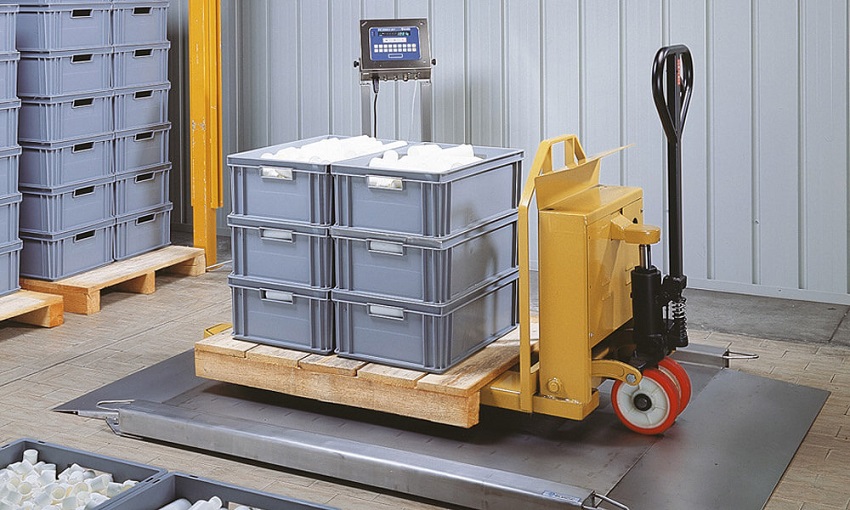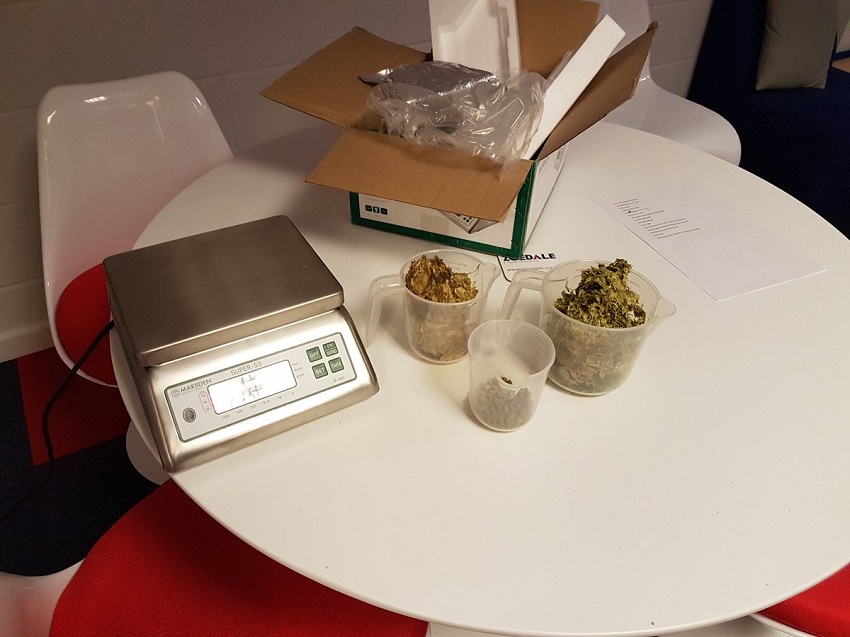
The Basics of Buying Industrial Scales
If you’ve recently just opened a business that requires the use of industrial scales, it’s important to know all the basics regarding them, so that you can invest in the right products. These types of scales differ from commercial and home scales in the sense that they’re used in logistics, loading docks, laboratories, warehouses, retail, inventories, trucking, shipping, and other heavy-duty industries.
Depending on the specific needs of your industry, you can find industrial scales in all kinds of designs, sizes and capacities and with a variety of different features. Even though they most industrial weighing scales are multipurpose, it’s best to make sure you pick a model that’s going to be 100% compatible with what you’d need it to do.
Most professionals recommend getting a scale that slightly exceeds your expected maximum weight because it’s always better to be safe than sorry in this regard. There are several different types of weighing scales, and some of the more popular ones for industrial use are the following.
Contents
Counting Scale
Counting scales are commonly relied upon because they’re made to measure huge volumes of parts that are identical at the same time. Given their intention, these scales are usually used in manufacturing because it allows businesses to achieve proper control of their inventories and supplies but still manage to save a lot of time and do it efficiently.
Floor Scale
Floor scales are frequently used for weighing products and items that are robust and large. The capacity of these industrial scales is also very high, and they’re often used in warehouses and factories. These scales are also probably some of the most durable, since they’re made out of high-grade materials such as stainless steel, and can withstand being exposed to harsh elements.
Bench Scale
Also known as table-top scales, these industrial scales excel in their versatility to count applications, do check weighing, and regular weighing as well. People often purchase this type of scale to use on surfaces like a tabletop or a bench. The most common places you’re going to see a bench-scale are laboratories and other types of research facilities. This is because of their abilities to test chemical processes and weigh with 100& accuracy.
Forklift Truck Scale
Many forklifts have an integrated scale system that makes the entire moving and weighing process easier and faster. Warehouses and factories often use these types of weighing scales during the transit of already packed parts, products, and other materials that are ready to get on the road.
Weighbridge / Weighstation
The weighbridge design, also called a weighstation, is another heavy-duty type of industrial scale. It stands out from the rest because it has the ability to weigh heavy vehicles like trucks, lorries, busses, etc. Since they offer a unique and very intense weighing process, weighbridges are often made of either stainless steel or just plain concrete.
Maintenance & Calibration
After purchasing a scale it’s good to have it calibrated first, especially if you intend on using it professionally. After the calibration, you’ll be provided with a certificate to officialise the entire process. However, you shouldn’t stop there. Re-calibrating your scale from time to time is crucial for making sure it always offers accurate measurements.
Many brands sell their scales with special programs that allow you to perform the calibration yourself, but you can always consult with a professional if you’re unsure of how to do it properly. Regardless, you should always be on the lookout for a couple of important things that will indicate if you need to perform calibration. It’s good to re-calibrate your scale often, but that depends on how and what you use it for. The signs that will help you determine if you need it are:
- Different Weight in Different Areas
This is a very basic test to check the state of your scale. Take one item and try weighing it on different areas across the surface of the scale. If everything works normally, you should be getting the same weight throughout the test. However, if you’re getting slight variations of the correct weight, you should contact someone to help you calibrate your scale again.
- Weight Is Not Settling
A variation of the issue above is putting your item on the scale and seeing that the final weight number is constantly varying by a few grams or kilograms. If the scale can’t settle a final weight it’s probably because of a calibration issue and you should contact a professional to assist you with this.
Getting inaccurate or untrustworthy weight results can be very tricky and dangerous especially for businesses that depend on it. This issue usually happens due to heavy-duty use of the scale itself, and most of the time can be fixed.
- A Constant Zero
If you place your product on the scale and it appears as though the scale isn’t responding, this is probably due to heavy-duty usage as well. Sometimes a software glitch can happen which can stop the scale from showcasing the accurate weight. But as long as the issue is due to software, you shouldn’t worry about the scale being damaged.
As for the actual maintenance of it all, there isn’t a lot that you’re going to have to do to take proper care of your scale. As long as it’s placed and calibrated correctly, all that you’re going to have to look out for is hygiene.
Since scales are used in so many different industries and weigh such a wide range of products, it’s important to clean the stainless steel, glass, or whatever material your scale is made out of with the proper solutions. Sometimes a basic surface cleaner liquid can be just enough, but depending on the products you weigh, you might need some other special cleaners. Thankfully, all this information is something that you’ll be provided with from the manufacturer.


No Comments